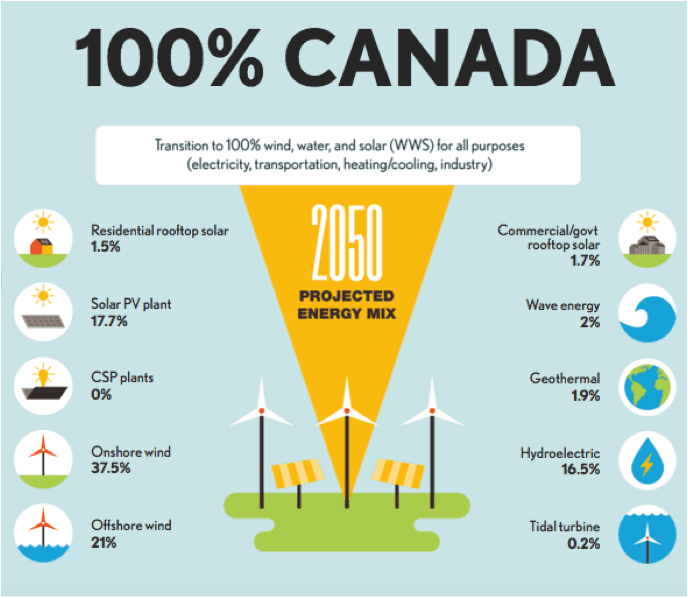When priorities appear to compete with each other for moral high ground and resources, how do we process these complex challenges into meaningful decisions?
Complex priorities:
• equal rights for women versus selling arms to Saudi Arabia
• a healthy planet versus burning fossil fuels
• humane treatment of refugees versus building ‘refugee reservations’
Although choosing between only two options of either/or is quicker and easier, in my heart I know this type of decision making is too simplistic and limiting. The amount of energy we expend on fighting over which to choose could be productively spent on dialoguing to discover win-win rather than win-lose or lose-lose options.
Having said this, I find myself feeling of two minds today. My initial reaction to Pope Francis visiting Lesbos, Greece, and sponsoring three Syrian families’ immigration to Italy was one of jubilation. The more attention brought to the Syrian refugee crisis, the greater chance more humanitarian solutions will emerge around the world. However, last week I also remember thinking the 25,000 Syrians recently brought to Canada were a mere drop in the bucket as so many more (4 million refugees) need our help. Furthermore, three families versus twenty-five thousand people also seems like a token gesture given the Catholic Church annually spends upwards of $170 Billion as estimated by the Economist in 2012.
Here is where I am not so divided in my thinking. The significance of the Syrian refugee crisis, as a global priority, ranks in equitable measure with our previous two world wars. The question remains as to whether we, as a global society, will step up our efforts for the remaining 4 million. I do recognize that heroes will and are emerging and that judgment and bickering over the skimpy or grandiose nature of humanitarian efforts leaves us powerless to change our experience. So, not wanting to armour myself against learning what needs to change in order to build “global heart and muscle,” I say, “Stay positive. Every little bit counts.”
Additional competing priorities exist for Canadians at a national and regional level. In this country, transitioning to a renewable energy economy has battled to gain ground against the continued production of fossil fuels and pipelines.
 Image courtesy of Stanford University: The Solutions Project.org
Image courtesy of Stanford University: The Solutions Project.org
This controversy emerged as a significant policy difference between the Alberta NDP and the national NDP. Due to its almost exclusive economic reliance on fossil fuels, the Alberta government supports building an oil and gas pipeline across Canada. At the same time, the federal NDP recently ousted their party leader through the introduction of their Leap Manifesto, which demands “no new fossil fuel infrastructure as Canada begins its transition to a renewable economy.” Leap’s vision of an economy based on “caring for the earth and each other” certainly aligns with the Paris Agreement recently adopted by 195 countries as the first-ever global action plan for transitioning to clean energy. To bring the whole of Canada (and 195 other countries) to one mind will require deep listening and constant reminding that “everything is hard before it is easy” (Goethe).
On a more personal level, never before in human history has it been so apparent that we are all connected and need each other — friends, relations and strangers — to adequately respond to these complex priorities.
. . . the isolated individual is fragile and largely helpless to evoke long-term
change or renewal. Richard Rohr
The more estranged we become from each other, the less chance of “living the dream” in whatever form yours takes. What we do know to be true is negative energy attracts more of itself while a positive uplifting state of mind creates hope and new possibilities.
The truth is that each person is a unique miracle, a combination of millennia
of heredity and environment that could never have happened before in
exactly the same way, and could never happen again in exactly the same
way. Yet, at the same time we share everything as human beings. We can
both find our unique voice and realize that as human beings, we are linked,
not ranked. Gloria Steinem (Lands’ End, Spring 2016)
Reframing our pessimism or negative thinking into optimism is a powerful way to attract more abundance, contentment and playfulness into our lives. For example, the statement below just crossed my computer screen — If Trump wins the American presidency, it’ll be the first time in history that a billionaire moved into public housing vacated by a black family!
What judgments or negative thinking can you reframe into positive possibilities?
For more on reframing and positive possibilities, click here.





